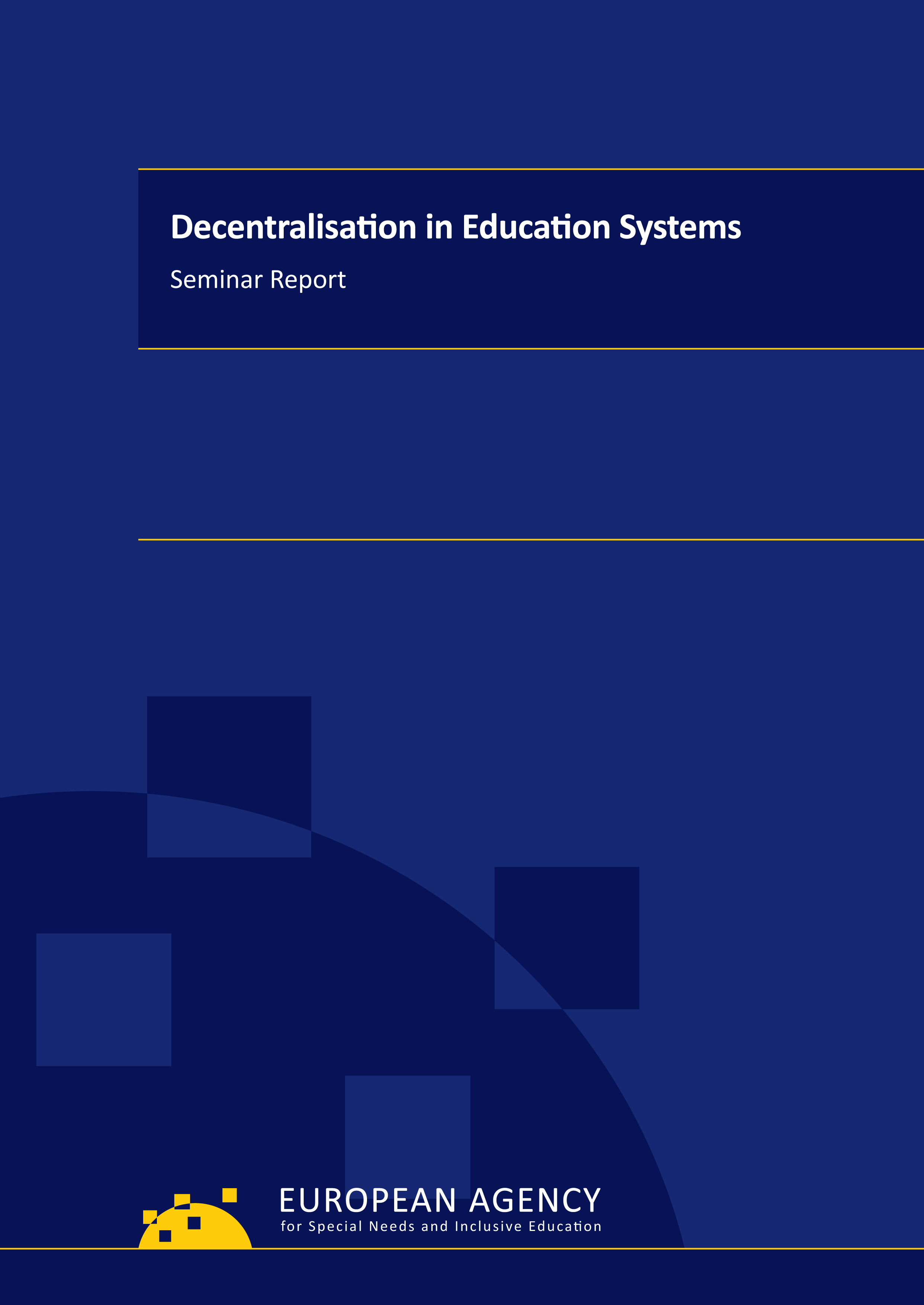Emerging trends in relation to decentralisation in education systems was the topic of the recent thematic seminar organised by Iceland’s Ministry of Education, Science and Culture and the Agency, which took place during the Agency’s bi-annual meeting in Reykjavik on 27 October 2016.
Mr Illugi Gunnarsson, the Minister of Education, Science and Culture, welcomed the seminar participants, who were encouraged to discuss the issues around decentralisation. Agency Director Mr Cor J.W. Meijer introduced the topic of decentralisation, remarking that this issue is being considered in numerous areas of Agency work. Ms Verity Donnelly from the Agency presented an international overview of decentralisation, while Professor Jón Torfi Jónasson from the University of Iceland presented the issue within the Icelandic context. This set the scene for participants to hold a wider discussion, from an international perspective.
During the thematic session, country representatives and Icelandic stakeholders reflected on the challenges and opportunities linked to the following four key topics within the decentralisation debate being considered in all countries:
- Governance and how to clarify roles and responsibilities across levels of government, and the need to build capacity in local government and communities.
- Regional disparity and ways of overcoming disparity in relation to educational inputs and quality of educational outcomes, as well as issues in relation to achieving equity between areas with different challenges and between different groups.
- Quality assurance and the impact of moving decision-making closer to stakeholders and greater collaboration and participation in local areas, as well as the need for co-ordination with central government about forms of regulation and evaluation.
- Data collection and monitoring and how data can inform governance, regional disparity and quality assurance issues, and identifying the data needed at central level to ‘steer’ policy.
This Agency initiative informing participants about trends, challenges and opportunities related to decentralisation in education systems was extremely welcome. As a result of the session, the Agency is now drafting a paper based on the participants’ reflections on the four key issues central to the debate.
